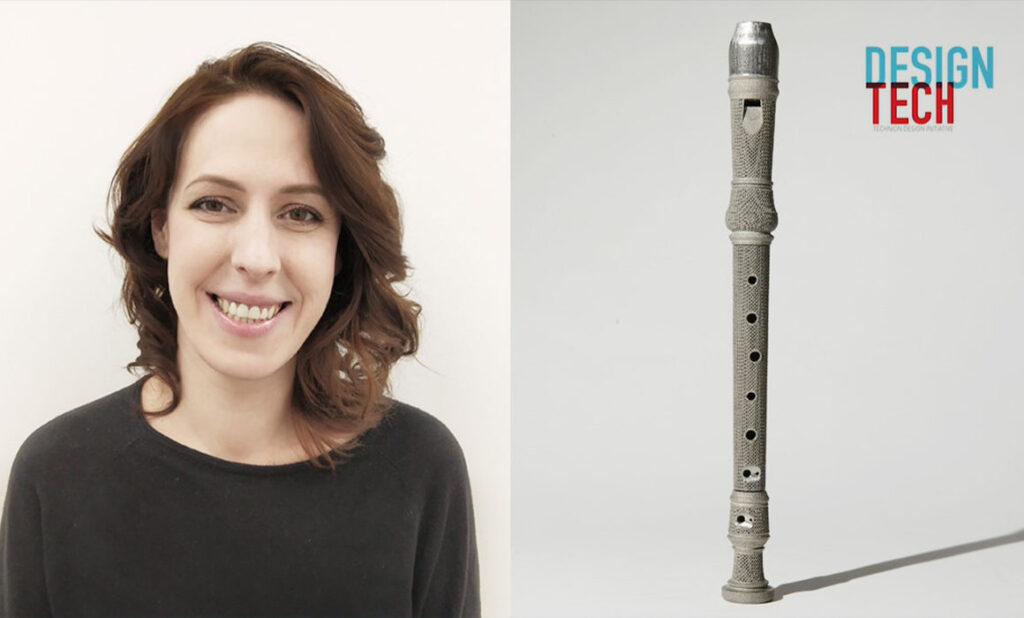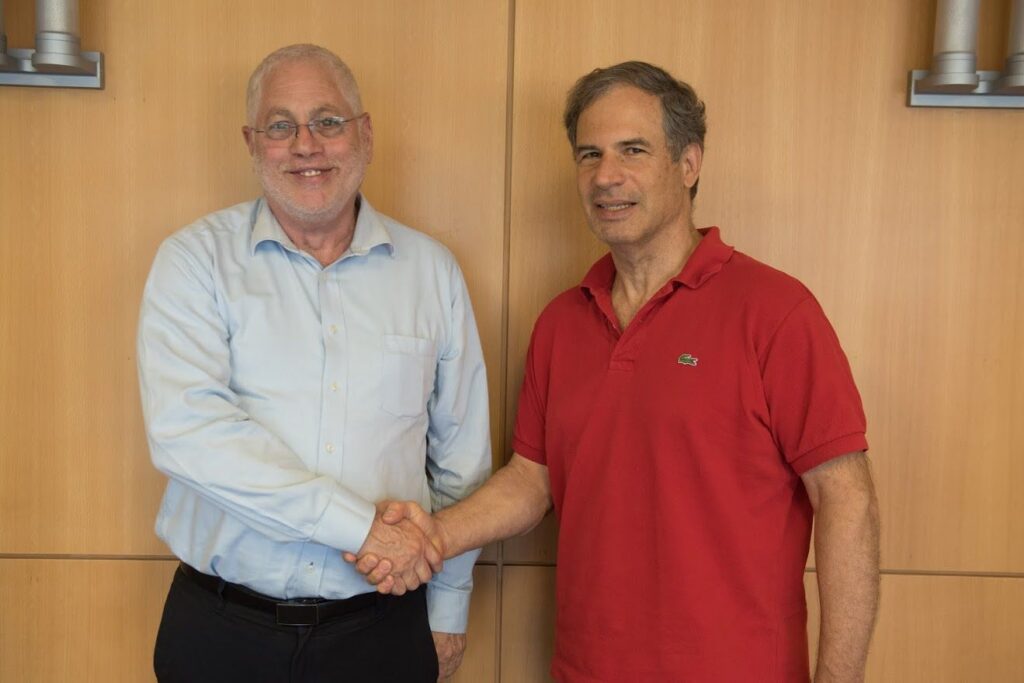With an eye toward sustainable solutions to the global energy challenge, a Technion research team has created a proof-of-concept for a rechargeable silicon (Si) battery.
Rechargeable batteries are particularly necessary for the electric vehicle (EV) industry, which currently relies on Lithium-ion batteries (LIBs). LIBs, however, are expected to strain lithium (Li) production soon as well as deflect Li from more common uses such as portable consumer electronics. Until now, no battery technology has been strong enough to compete with LIBs.
The novel battery allows for Si to be reversibly discharged and charged, making it a green source that could pave the way toward enhanced battery technologies in the energy storage “super-market.” There is a high demand for rechargeable batteries since they are more environmentally friendly, and the Technion Si battery revolutionizes the composition of such batteries.
Though silicon is the second most abundant element in the world, it has been relatively unexplored for energy purposes. But, it proves to be a strong source of renewable energy through this new technology. Silicon possesses a high energy density, a stable surface passivation, and a low conductivity, making it an ideal source for the Technion’s rechargeable battery. There is a necessity for batteries that can store large scale grid energy in a manageable and dependable manner, and the Si battery could be the answer to this problem.
The team, led by Professor Yain Ein-Eli, is made up of researchers from the Faculties of Materials Science and Engineering and Mechanical and Chemical Engineering. Through the work of graduate student Alon Epstein and the theoretical studies of Dr. Igor Baskin, the battery’s internal functions were tested and produced positive results.


